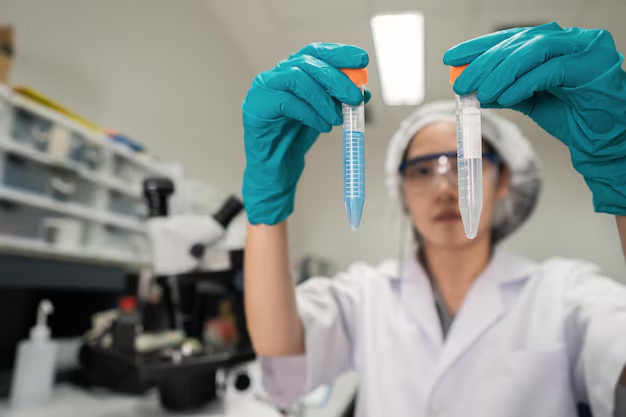Understanding the Path to Becoming a Microbiologist
Embarking on a career in microbiology is both exciting and demanding, with a structured educational pathway that opens doors to impactful scientific discoveries. Typically, aspiring microbiologists begin with a bachelor's degree in microbiology, biology, or a closely related field. This foundational step, taking approximately four years, equips students with essential laboratory skills and theoretical knowledge. For those eager to delve deeper into specialized research or academic roles, pursuing a master's degree or Ph.D. in microbiology is often encouraged. These advanced programs, which can add an additional two to six years, focus on research methodology, data analysis, and specific microbiological studies. While certifications are not mandatory, they can enhance one's credentials, with the American College of Microbiology offering certifications that may enhance employment prospects and academic pursuits.
To stay ahead and meet dynamic industry demands, microbiologists often engage in continuous professional development through workshops and seminars. This commitment not only keeps their skills sharp but also helps them remain abreast of technological advancements. The journey, though rigorous, provides rewarding opportunities to contribute to crucial fields such as healthcare, biotechnology, and environmental science.
Pathway to a Microbiology Career:
- 🎓 Bachelor's Degree in Microbiology/Biology: 4 years
- 🎓 Master's Degree in Microbiology: 2 additional years (optional)
- 🎓 Ph.D. in Microbiology: 4-6 additional years (optional, for academic/research roles)
- 📜 Certifications: Offered by American College of Microbiology (enhance career prospects)
- 📈 Continuous Professional Development: Workshops and seminars
Explore these pathways to unlock a fulfilling career on the microscopic frontier!
